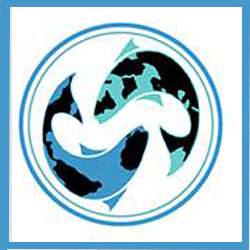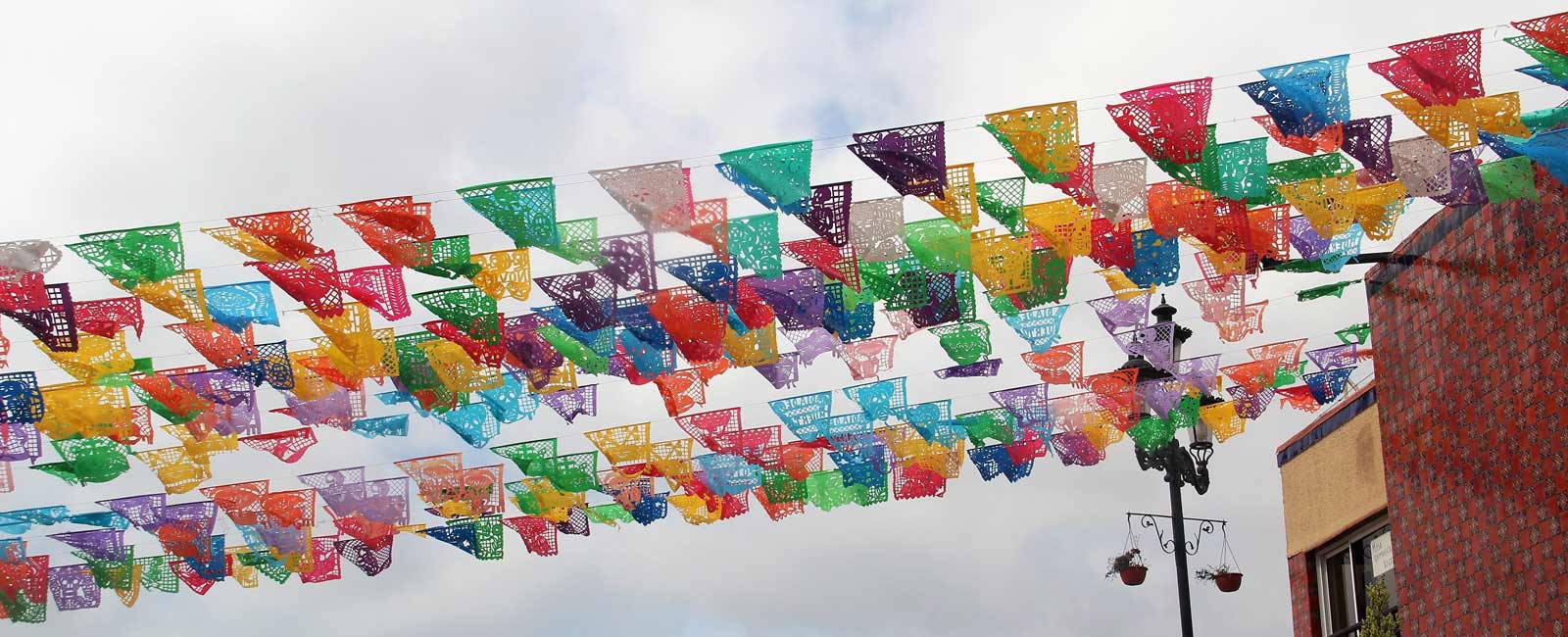
Friday, February 28, 2014
An eye-opening experience
At Harvard-Westlake, students get upset when they don’t get the Mercedes Benz convertible they asked for. In Rwanda, giving a student an empty water bottle can bring them happiness for the next year. We hear about the poverty and hardships that the vast population of the world faces. However, this concept is hard to grasp until you see it, breathe it, feel it yourself. I was granted this experience when I traveled to Rwanda during semester break.
We met a man named Kizito who, during the genocide, watched his mother get raped as his house was burned to the ground with his siblings inside. The United States could have done many things to aid Rwanda during the genocide, but instead we passively watched and let it happen. However, Kizito and the rest of the Rwandans do not hold this against us. He welcomed us with open arms, spent time with us every day — and was brought to tears when we left at the airport.
Michael Mapes ’16 bonded with Kizito the most. Their friendship grew stronger and stronger each day, and Mike was seen with him whenever we ate. He never failed to ask where his Rwandan friend was, what he was doing — or if he was doing okay. Kizito returned this affection, and their bond was evident.
At the end of the trip, Mike gave him $150 of his own money to help him get himself and his brother a better life.
The strength and forgiveness of the Rwandans was perhaps the most surprising. In Rwanda, the love is unconditional and non-judgmental. Their ability to find this love, stemming from hate with roots so deep, is incredible and cannot be overlooked. The growth of the people, who were once divided by hatred, is shown in everything they do. We were even able to see this in the children.
I have always been a horrible dancer, and when we went to do traditional Rwandan dancing, I was not very adept. After five minutes of attempting to look like a native African who is greeting the cows in a tribal dance, I opted out and sat down to watch.
I was approached by a girl who could not have been more than 2 years old. She waddled over, away from her parents, and plopped herself down in my lap. She wore a pink shirt and a pink skirt, both worn but still bright with life. Her large brown eyes, framed with long lashes, were sweet and innocent. She grabbed my necklace and played with it, and I looked to her parents. I expected them to grab her away from me — and scold her for being around a foreigner, someone they barely knew, someone who did not help them in their deepest time of need. However, they laughed and smiled at me. I stayed with the girl for the next hour, and could not have been happier.
This taught me a lot about forgiveness — and keeping an open mind. I was able to take this with me back to Los Angeles, and I know that I will be a better person because of it.
I am going to work on being less judgmental and will try to find the good in everyone, because if the Rwandans can love us despite our ignorance, then we can at least do our best to try to be like them.
I also learned a lot about the value of education — and how fortunate we are to go to Harvard-Westlake. I always used to take our teachers, their passion and our resources for granted. In Rwanda, an entire school is lucky if it gets a secondhand dictionary. As you look around the immense library at Harvard-Westlake, this may seem hard to grasp, but seeing it in person was truly eye opening.
Traveling to Rwanda has inspired me to work harder, not only for myself, but for those whom I met at the Learning Center.
The Learning Center is a school for young adults. Equipped with 17 computers, the one story building hosts around 30 students eager to learn. I brought with me a small 10-page book with basic phrases translated from the local language, Kinyarwanda, to English. I met six women who were fascinated by the little book. We spent hours laughing about the ways we mispronounced the languages, and they were eager to learn from their mistakes. Their ability to make so much out of a book that cost me a dollar still stays with me, and I know I am trying harder with my classes here because of it.
We are so fortunate here, and it seems that we forget it often. The things I will take from the trip — always cleaning my plate, giving money to the homeless, purchasing water that gives to charities in Africa — those are what I am the most proud of. I have grown as a person and changed for the better, and as I move into the second semester with a new vision of life and a new purpose, I feel that I am at my best version of myself. I wouldn’t change anything about my experience.
“My hope for the future is stronger than my fear,” a strong survivor of the genocide told us.
I see this quote as something we can all use as we go through our lives. Because if the Rwandans were strong enough to overcome the brutality that they experienced, we can be strong enough to handle anything.
Harvard-Westlake Chronicle
Education Travel,education travel tours,educational field trips,Educational travel programs,Global Community,Global Education,Harvard Westlake Rwanda 2014,Peace Works Travel,Peace Works Travel
